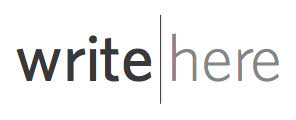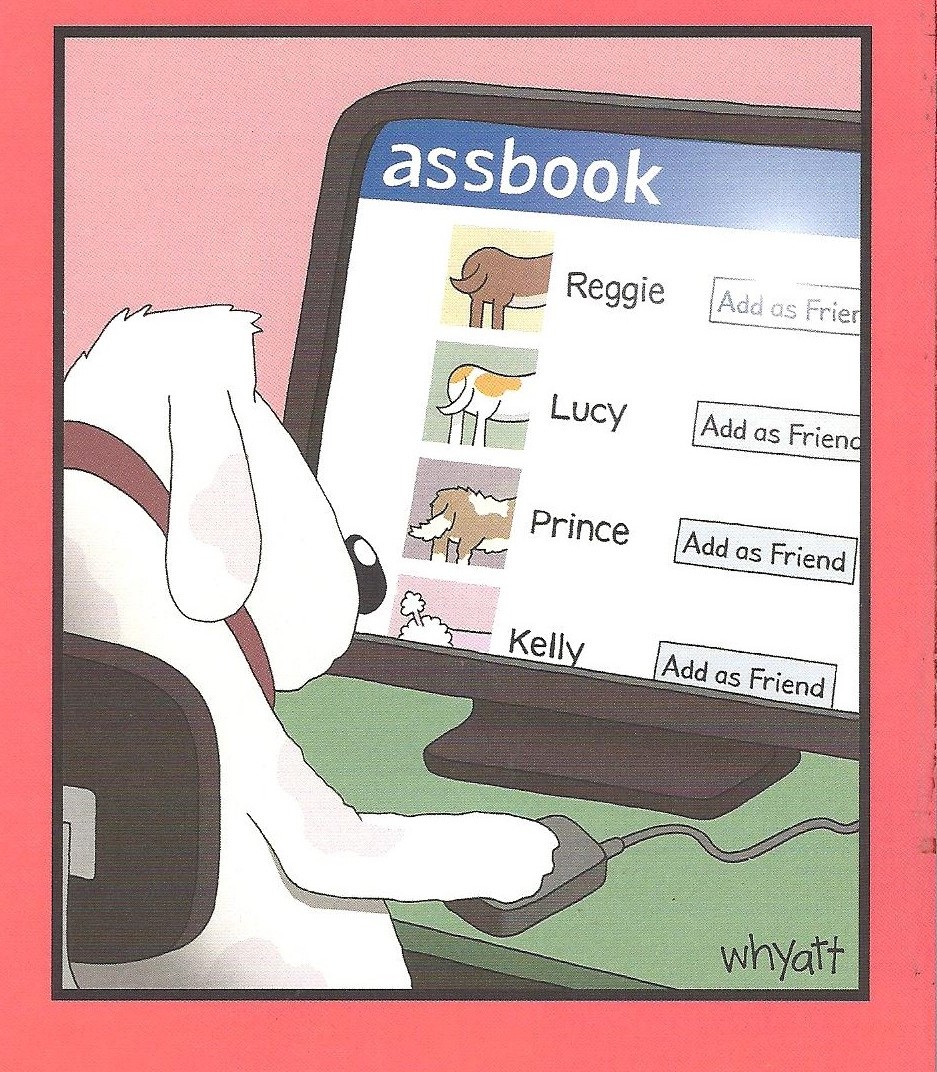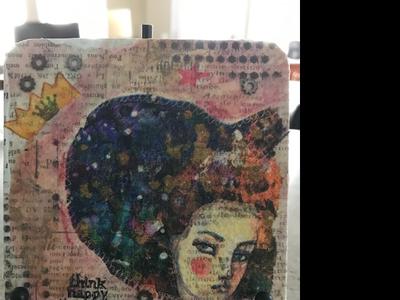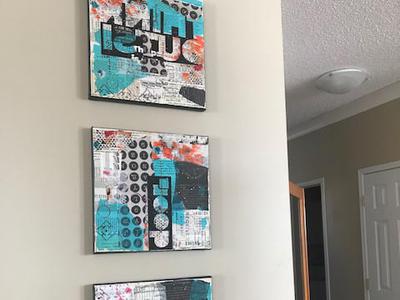George Orwell’s novel 1984 is becoming a reality, but it's not the government deeming self-expression a thought crime. We’re doing it to ourselves. For those of you who haven’t read 1984 (or for those who were supposed to read it in high school and never did), the basic premise of the book is that the government is working to control people’s thoughts through Newspeak, where they eliminate words so that people cannot rebel.
When the government takes away words, it lessens people’s ability to object to their totalitarian ways, and hinders people from being able to give a deeper context to their thoughts. Without words, people lose their ability to think on their own accord because they can't articulate anything other than what the government wishes. It’s mind control.
And we’re now willingly doing this to ourselves.
The clearest example is by the Global Language Monitor, which declared the Most Popular Word of 2014 the “<3” emoji. Let that sink in: the most popular word isn’t even a real word.
We’ve been headed this way for some time, with the reduction of phone calls and letters, to emails, then to Facebook statues, then to character-restricted text messaging and tweets, and now just to sending pictures back and forth, whether that be through snapchat or emojis.
Rather than responding to a message with how you feel or your reaction to the statement, we simply send a face or pictures to roughly describe what we want to say. We no longer express ourselves through our own words, which give us endless possibilities of phrases and sentences, but rather limit our reactions to one or two pre-set emojis.
When we could be telling someone, “I’m frustrated that you tell me you’d like to hang out, but then bail on me at the last minute,” we simply send them a: -_-
Instead of saying, “That’s a great idea, and we should move forward with planning how we can execute it,” we just shoot over a: **thumbs up**
Even on the sentiments of love, ranging from loving a person, to thinking someone is attractive, to wanting a piece of the pie that someone just sent a picture of, we use one generic: <3
Sure, content clues provide a lot to each of these emojis in their respective examples, but do we really want to reduce ourselves to using the same emoji for loving someone, being excited about seeing someone AND the prospects of pie? I’d rather not, but yet I do. Instead of telling someone where I am, I’ll send them a running man, the swol arm and then a tired face so people know I’m working out.
I’ve even noticed that when I’m sending emails, I sometimes feel limited because I’ve only got my two generic keyboard smileys of :) or :(. How can I possibly feel limited when I’m typing on a keyboard, with 26 letters that I can rearrange to create boundless amounts of words and phrases, which can intricately describe every sentiment I have exactly as I feel them? Despite that linguistic opportunity, I feel tied to the simplicity of expressing myself in emojis because that’s how I regularly communicate with people. My iPhone has given me a standard set of feelings that I can use without having to think. And even when I’m not on a phone, I think, “If I was on my phone, I’d hit the **raises hand** emoji,” and then work from there trying to express why I’d want the raises hand emoji as part of my message. It’s working backwards from emojis, rather than forward to emojis.
We’ve let technology create our new language, and therefore our new way of thought. We’ve given up our free thought and rights of expression to the ease and simplicity of clicking one image to talk to each other.
I challenge you to break out of this self-imposed thought crime: try sending text messages without emojis for a week. See how good it feels to speak in your own words, and not in the words that Apple gave you.



















comments prior to edit